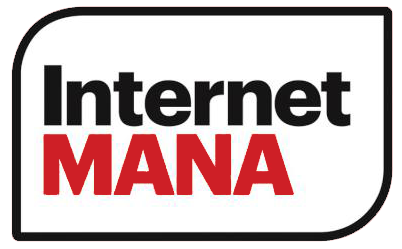Low Quality and Low Expectations Dominate the “New Zealand Model of Charter Schools”
Posted on August 2, 2012 by admin in John Minto, Press Releases“Cost-cutting on teaching and on what it taught is the recipe private companies will use to make money from Charter Schools” comments MANA Vice President John Minto.
“Associate Education Minister John Banks’ announcement today that the New Zealand Model of Charter Schools will not require registered teachers nor following the New Zealand curriculum is the most obvious indication yet that the scheme is set up for private companies to make money rather than to improve education for New Zealand’s most vulnerable learners. Spending on salaries is the biggest component of a school’s costs and companies wanting decent profits will need to employ unregistered, unqualified teachers. With unqualified teachers they also need to have the curriculum bar lowered and John Banks has obliged”.
“Overseas research shows that most charter schools perform poorly, and those who perform well ‘on paper’ do so because they have a very high student dropout rate or enrol academically able students from well-off homes to begin with. Our children from low income communities, disproportionately Maori and Pacifika kids, deserve much better. They deserve the best qualified and most experienced teachers. Instead of trying to fragment public education the government should better fund and support existing schools – particularly those for students from low-income communities”.
“More funding should be put into further supporting and developing a high quality public education system and what works e.g. kura kaupapa Māori; school-work transition programmes (eg. Te Kuiti); Te Kotahitanga and initiatives such as those developed at Moerewa school”.
What the New Zealand and international research evidence shows is that educational achievement increases when:
- class sizes are reduced;
- education policy is embedded in a framework of student wellbeing – breakfast and lunch at schools, free health care, transportation, learning material, and counselling;
- child poverty is targeted as the socio-economic disadvantage of families has been consistently demonstrated as the strongest predictor of educational and life chances.
“These policies are fundamental to MANA”.
ENDS
For more information please contact Malcolm Mulholland on 027 765 6380



Discussion · One Comment
There is one response to “Low Quality and Low Expectations Dominate the “New Zealand Model of Charter Schools””.Leave a Comment